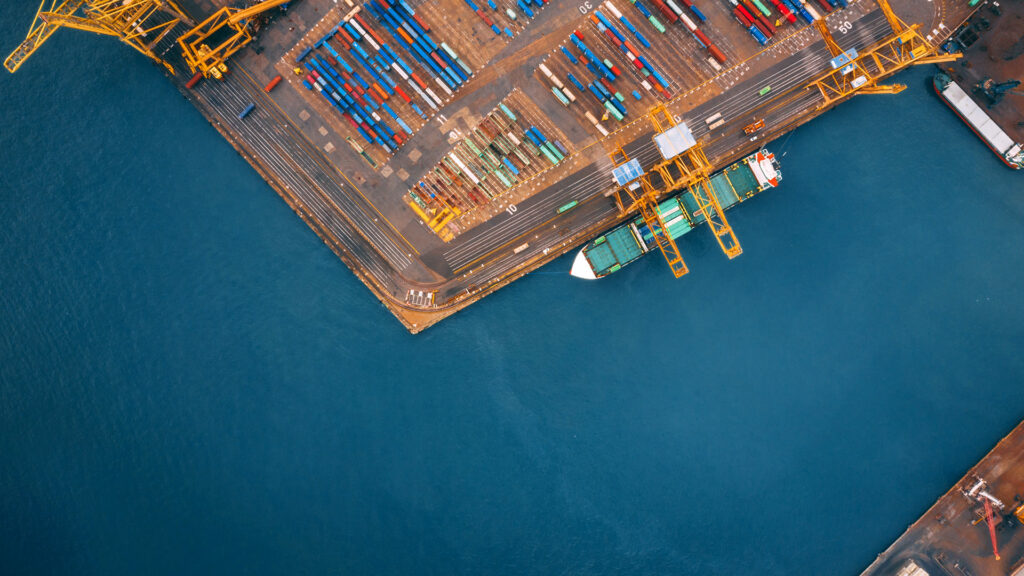EU sanctions against Russia and Iran
On Thursday 4 December, the EU adopted Council Decision 2014/872/CFSP and Council Regulation (EU) No 1290/2014 (the “Amending Regulation”), which amends the sanctions currently in force against Russia. The intention is to clarify the scope and application of the current sanctions against Russia, not to increase them.
Sanctions against Russia – clarifications
The Amending Regulation amends Council Regulation No 833/2014 (the “Russia Regulation”) and Regulation 960/2014, (which amended the Russia Regulation in September 2014). The new amendments brought about by the Amending Regulation came into force on Saturday 6 December 2014. The main clarifications are set out below.
Clarification on which technologies and activities are under sanction
Article 3 of the Russia Regulation requires prior authorisation for the sale and export of technologies suited for use in “deep water oil exploration and production, Arctic oil exploration and production, or shale oil projects in Russia“. This description of relevant projects in Articles 3 and 3a has been clarified to read:
- Oil exploration and production in waters deeper than 150 metres.
- Oil exploration and production in the offshore area north of the Arctic Circle.
- Projects that have the potential to produce oil from resources located in shale formations by way of hydraulic fracturing. It does not apply to exploration and production through shale formations to locate or extract oil from non-shale reservoirs.
The Amending Regulation makes some changes to the list of the energy-related technologies in Annex II, for which the supply requires prior authorisation. In particular, it clarifies that pumps within CN codes 8413 50 and 8413 60 are only included in Annex II if they have “a maximum flow-rate greater than 18 m³/hour and a maximum outlet pressure greater than 40 bar, specially designed to pump drilling muds and/or cement into oil wells.“
Clarification on geographical application
The Amending Regulation clarifies that the measures against the energy sector, contained in Articles 3, 3a and 4(3) of the Russia Regulation, apply to Russia including its “Exclusive Economic Zone and Continental Shelf“.
Clarification on exemptions
The Amending Regulation clarifies that the “grandfather” provisions in Article 2(2), 2a and 3 of the Russia Regulation, under which contracts or agreements concluded before a specified date may be granted an authorisation, also apply to “ancillary contracts necessary for the execution of such a contract“.
The Amending Regulation now permits Member States to grant a licence to supply the listed technologies where the supply of the items, or provision of related services, is necessary for the urgent prevention or mitigation of an event likely to have a serious and significant impact on human health and safety or the environment.
In addition to this, in “duly justified cases of emergency” an activity may proceed without a licence. However, in such cases the competent authority must be notified within 5 working days after the sale, supply transfer or export has taken place, and the notification must provide details about the relevant justification.
There is a new notification requirement on the use of the existing exemption relating to the provision of drilling, well testing, logging and completion services and the supply of specialised floating vessels, where this is necessary for the urgent prevention or mitigation of an event likely to have a serious and significant impact on human health and safety or the environment. The notification must be made within 5 working days of the activity taking place and must include the justification for the activity.
Changes to financial restrictions
The Amending Regulation makes some changes to the financial restrictions within Article 5. Changes are as follows:
- In paragraph 3, the loans which are exempt from the prohibition on loans have been amended. The words in the Russia Regulation:
“loans or credit that have a specific and documented objective to provide financing for non-prohibited imports or exports of goods and non-financial services between the Union and Russia”
have been replaced with the words:
“loans or credit that have a specific and documented objective to provide financing for non-prohibited imports or exports of goods and non-financial services between the Union and any third State, including the expenditure for goods and services from another third State that is necessary for executing the export or import contracts“.
Accordingly, the exemption has been widened. - The Amending Regulation adds a paragraph to Article 5 to clarify the financial “grandfather” exemptions. To be exempt from the prohibition, a drawdown or disbursement made under a contract concluded before 12 September 2014 must contain terms and conditions that were agreed before 12 September 2014 and have not been modified on or after that date. In addition, there must be a contractual maturity date fixed for the repayment in full of all funds made available and for the cancellation of all the commitments, rights and obligations under the relevant contract.
Sanctions against Iran – extension of suspension
On 24 November 2014 the P5+1 failed to reach agreement with Iran in talks on lifting sanctions on Iran. Instead, the Joint Plan of Action has been extended until 30 June 2015. The partial suspension of sanctions will therefore continue while further talks take place.
Amongst the sanctions suspended are:
- The restrictive measures concerning the prohibition on the provision of insurance and reinsurance and transport for Iranian crude oil.
- The prohibition on the import, purchase or transport of Iranian petrochemical products and on the provision of related services.
- The prohibition on trade in gold and precious metals with the Government of Iran, its public bodies and the Central Bank of Iran, or persons and entities acting on their behalf.
Any contracts which are intended to take advantage of these suspensions need to be executed (i.e. performed) before the date that the suspension is due to expire (i.e. currently 30 June 2015).
For more information, please contact Anthony Woolich, Partner, on + 44 (0)20 7264 8033 or anthony.woolich@hfw.com, or Daniel Martin, Partner, on +44 (0)20 7264 8189 or daniel.martin@hfw.com, or your usual contact at HFW.











